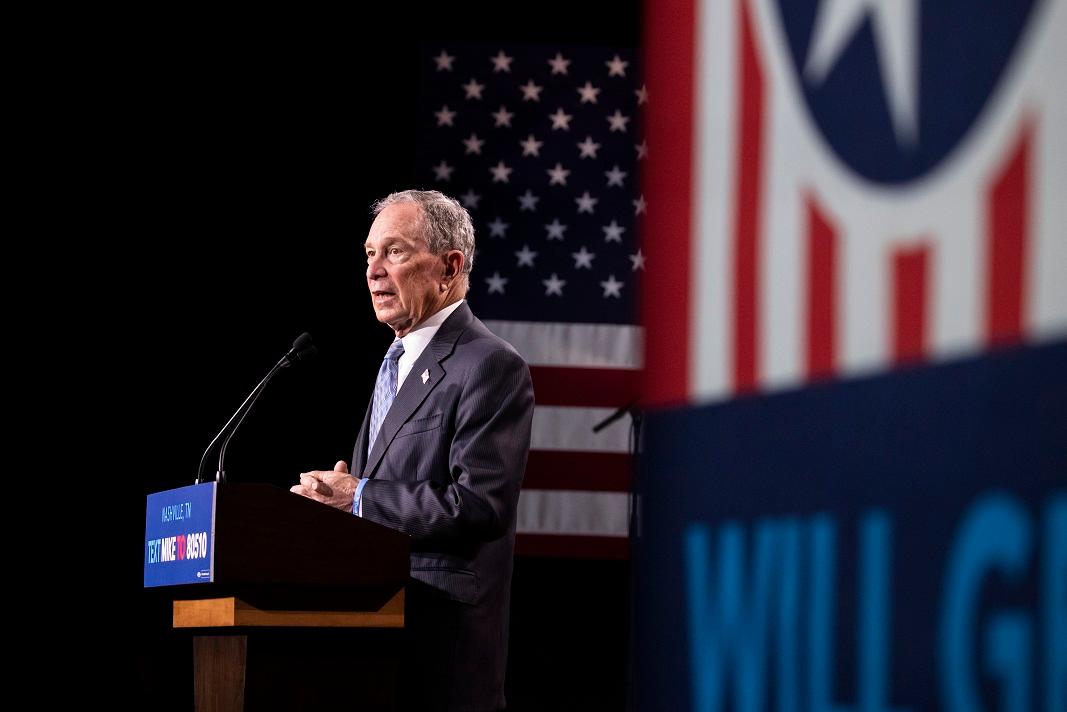The Democratic National Committee (DNC) has announced the qualifications for presidential candidates to take part in the debate on Feb. 25 in Charleston, South Carolina, which will be hosted by CBS News and the Congressional Black Caucus Institute, in partnership with Twitter.
Similar to the qualifications for the Feb. 19 Nevada debate, candidates need to reach 10 percent in four polls approved by the DNC or 12 percent in South Carolina-specific polls, or win at least one delegate to the Democratic National Convention from one of the three preceding early states: Iowa, New Hampshire, or Nevada. The polls must be released between Feb. 4—the day after Iowa’s caucuses—and Feb. 24.




